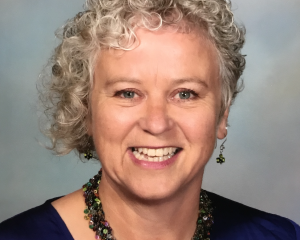
Organised by the Otago Polytechnic-affiliated Centre for Open Education Practice, the symposium at the Sargood Centre on December 5 and December 6 will focus on “social justice through open education”.
Open educational resources are learning, teaching and research materials in any format and medium that resides in the public domain — or that has been released under a copyright open license.
Centre for Open Education Practice managing director Wayne Mackintosh will be speaking at the symposium about incorporating open education resources into the Reform of Vocational Education(Rove).
Under Rove a parent-subsidiary model will begin next April and last for at least two years for all polytechnics; however it remains to be seen exactly what the new system will look like.
‘‘There is no form of educational provision that is more collaborative, cost-effective, scalable, and sustainable than open education yet there is no mention of open education solutions in Government’s decision to reform the sector,’’ the notes to his presentation said.
Dr Mackintosh is also New Zealand’s Unesco and International Council for Open and Distance Education Chair in Open Educational Resources, and has said all education materials developed using taxpayer funding should be released under an open copyright licence – “for the benefit of all New Zealanders”.
Dr MacKintosh is one of a number of speakers covering topics ranging from Maori data sovereignty to open education in the tourism industry.
Otago Polytechnic chief executive Phil Ker said the implementation of OER-based initiatives ‘‘could lay the firm foundation for a much-needed new and sustainable business model for national education at all levels.
‘‘The cost of education over the last decade has increased at rates significantly higher than the inflation index. These systems are fundamentally unsustainable. However, OER is a sustainable and renewable resource which will result in significant savings for both students and institutions.’’
Representatives from 12 institutions are expected to attend the symposium.












